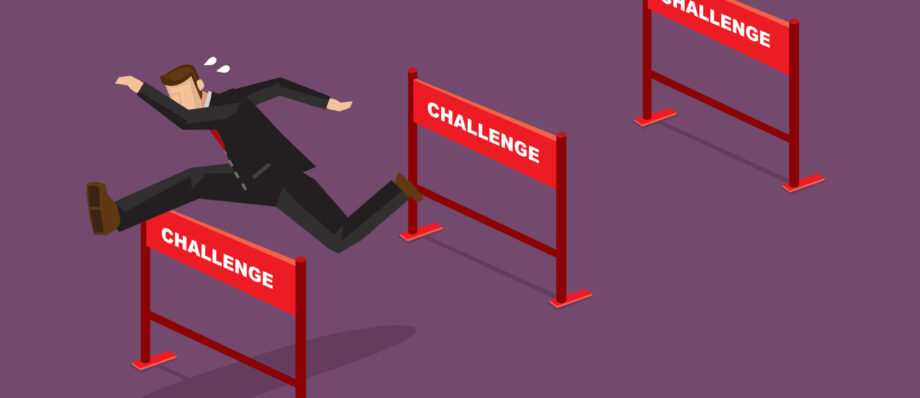Pharma Manufacturing key challenges
Writer: Abid Ali Khan
Pharmaceutical manufacturing is a highly regulated and complex industry with its share of challenges. These challenges can impact product quality, production efficiency, and overall business success. Here are some of the key pharmaceutical manufacturing challenges:
Regulatory Compliance: Strict regulatory requirements and the need to adhere to Good Manufacturing Practices (GMP) can pose challenges in terms of documentation, quality control, and process validation.
Quality Control: Maintaining consistent product quality is a paramount concern. Variability in raw materials, equipment, and production processes can impact product quality.
*Advertisement

Supply Chain Disruptions: Pharmaceutical manufacturing often relies on a complex global supply chain. Disruptions in the supply chain can lead to delays and shortages of critical materials and components.
Contamination and Cross-Contamination: Preventing contamination and cross-contamination is crucial. This includes ensuring equipment is properly cleaned and validated.
Data Integrity and Security: Ensuring the integrity and security of data is essential, especially with the increasing use of digital technology and automation in manufacturing processes.
Cost Management: The cost of pharmaceutical manufacturing, including research and development, manufacturing, and quality control, can be high. Balancing cost with maintaining product quality can be challenging.
Scale-Up and Technology Transfer: Transferring a product from research and development to large-scale manufacturing is complex. Ensuring consistent product quality during scale-up can be difficult.
Shortened Product Lifecycles: Rapid advancements in science and technology can lead to shorter product lifecycles, which can challenge manufacturers in terms of product development and market competition.
Environmental and Sustainability Concerns: The pharmaceutical industry is under increasing pressure to minimize its environmental footprint, which can be challenging given the nature of manufacturing processes.
Complex Formulations: Some pharmaceutical products have complex formulations, and ensuring the stability and consistency of these formulations can be difficult.
Global Expansion and Market Access: Expanding into new markets while navigating different regulatory requirements and access challenges can be a hurdle.
Aging Infrastructure: Many pharmaceutical manufacturing facilities have older infrastructure, which can limit flexibility in production and compliance with modern standards.
Counterfeit and Substandard Medicines: Protecting against counterfeit and substandard medicines is an ongoing challenge, especially in regions with weak regulatory oversight.
Talent Shortages: Finding and retaining skilled personnel, including scientists, engineers, and manufacturing experts, is a challenge in the pharmaceutical industry. You may want to consider posting your requirements on Pharmaways.in. We will help you find right candidate for you. We have already placed 8 new candidates. Contact now.
Changing Healthcare Landscape: Evolving healthcare policies and insurance models can affect market access and pricing.
Global Health Crises: Events like the COVID-19 pandemic can disrupt supply chains, create increased demand for certain products, and introduce new regulatory challenges.
Pharmaceutical manufacturers need to stay current with industry best practices, invest in technology and automation, and maintain a strong focus on quality and regulatory compliance to address these challenges effectively. Additionally, partnerships and collaboration with suppliers, regulatory agencies, and research institutions can help navigate the complex landscape of pharmaceutical manufacturing.



